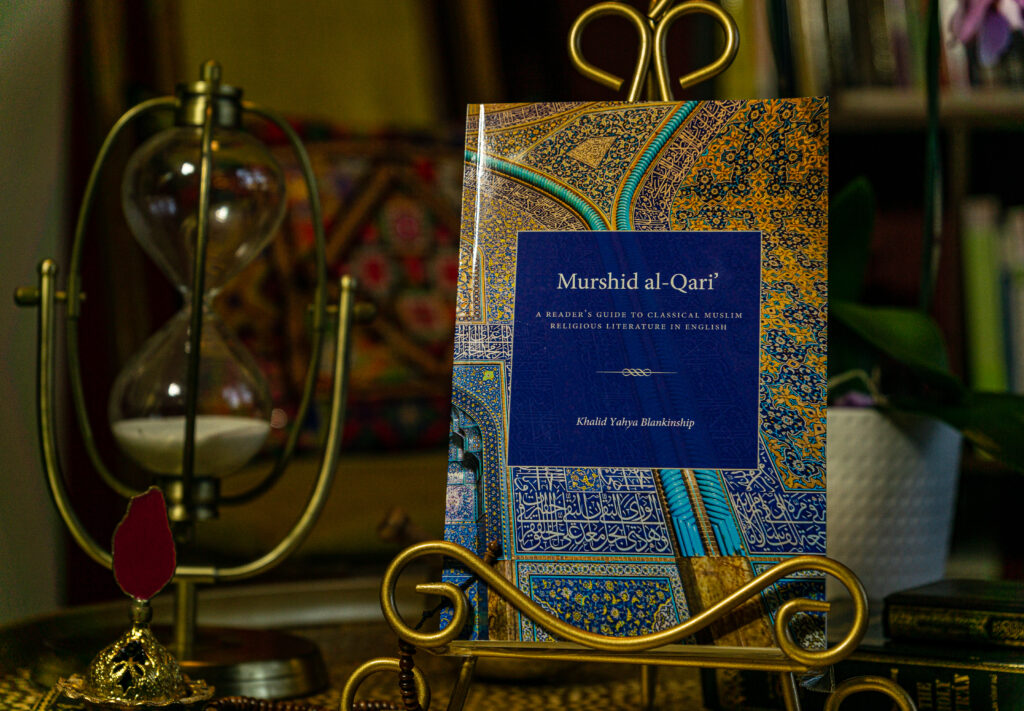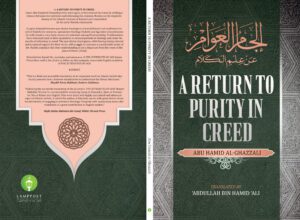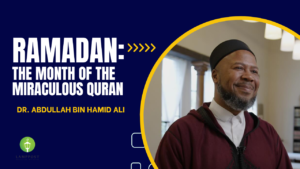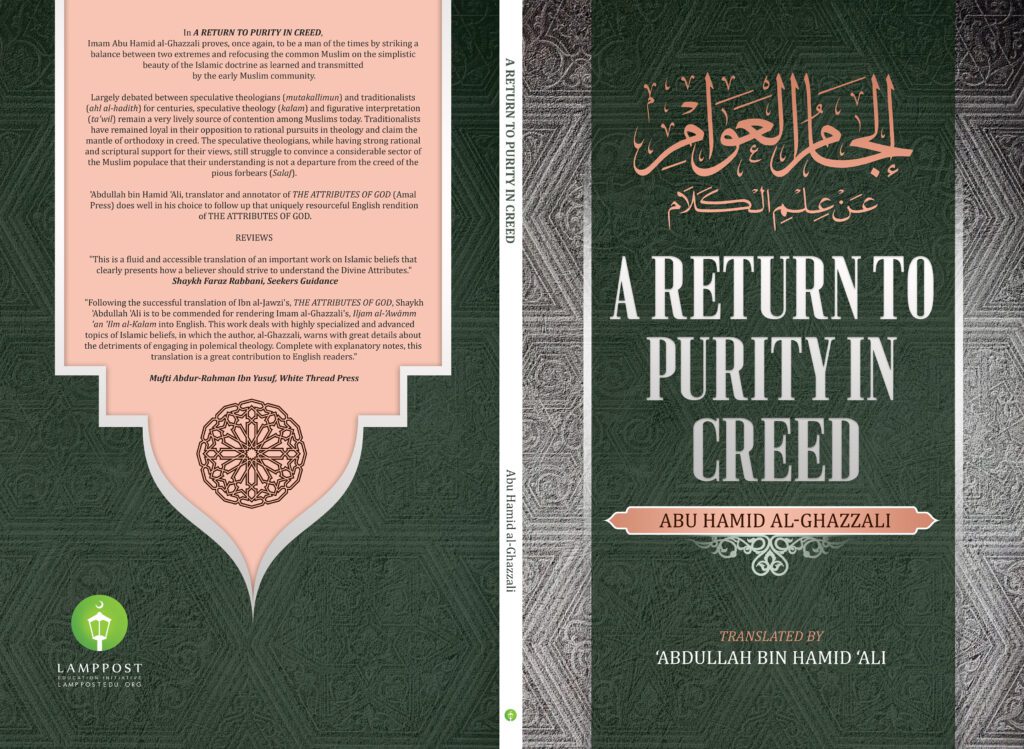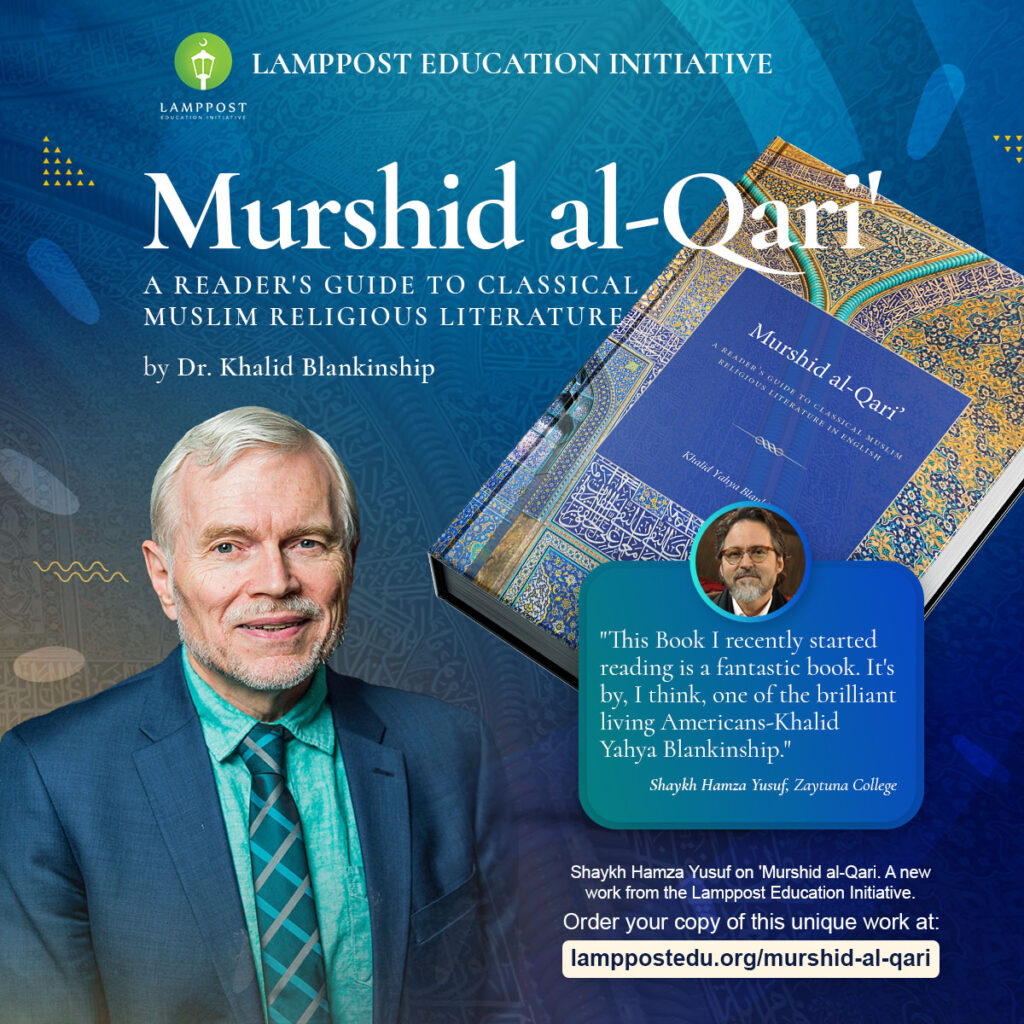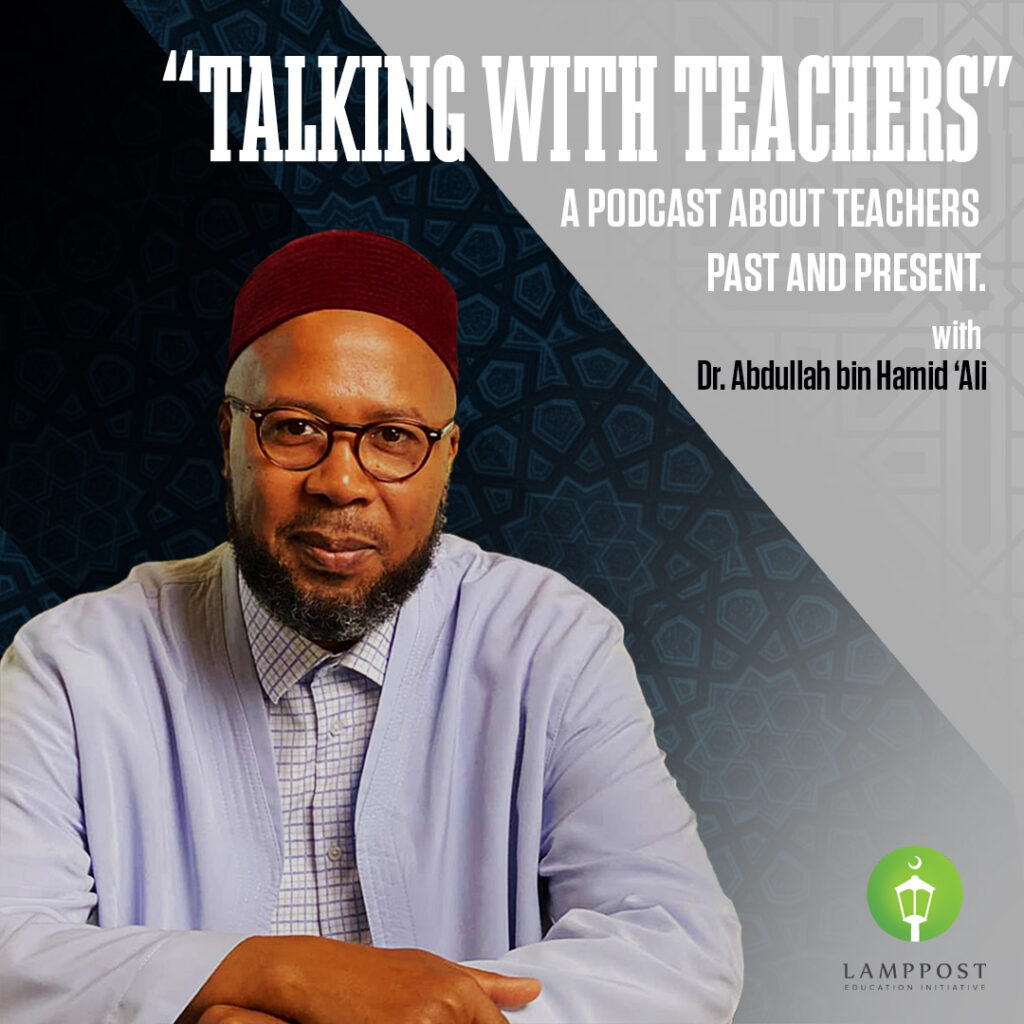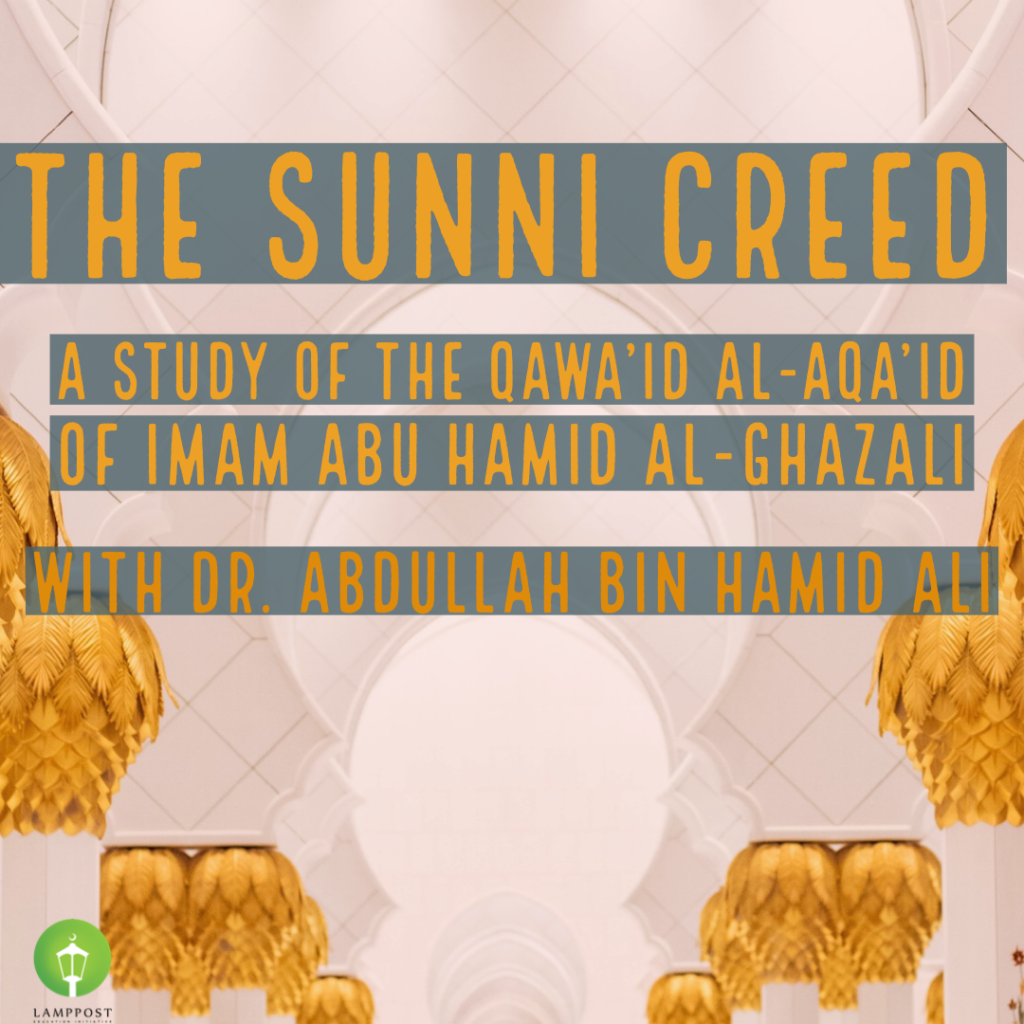Michigan Town Elects Muslim Mayor And City Council-Ismail Royer
Hence, if Islam as Muslims in America understand it harmonizes with these “general principles of Christianity” on which the American constitutional order was founded, they do not need to leave their faith in the mosque — they should bring it with them into the public square as befits an American and a complete human person.
Ismail Royer Tweet

One might be forgiven for being pessimistic about America’s future. We are shaken by fierce tribalism that is driven by ideological, ethnic and economic shifts, and there seems to be little hope or even desire for finding a common ground among the factions.
But this month, voters in Hamtramck, Michigan, elected a Muslim mayor and city council — a first for the state and possibly the country. It is worth reflecting on what this event signifies for the health of the polity and, indeed, the very nature of the American constitutional order.
One lesson here is that America’s iron cage of alleged “structural racism” and “structural Islamophobia” — whose existence, pervasiveness and immutability cause it to be taken as an article of faith by some — is not as severe as presumed.
To be sure, one’s race, religion or national origin can, in many contexts, correlate positively or negatively with one’s economic circumstances, educational opportunities or exposure to the criminal justice system. And yet, as Hamtramck has shown, such challenges are not always insurmountable or even salient.
Further, the election of Muslims we assume to be highly competent city officials should allay the fears of those Americans who harbor doubts about the goodwill of their neighbors of the Islamic faith. These doubts may arise in some because the Muslims with whom they are familiar commit evil in Islam’s name, but such doubts should dissipate as the doubtful become familiar with Muslims who contribute to the common good through service to the community.
And yet, some will never be convinced that such service is anything but more evidence of how clever Muslims are at pulling the wool over society’s eyes. They believe Muslims must be excluded from the American social compact and the common good because their faith is inherently hostile to it.
Reasonable people will intuit that this belief is wrong, but to understand why, we must understand both the nature of the American social compact and Islam’s relationship to it. Neither of these are well understood. Indeed, one of Hamtramck’s newly elected Muslim leaders insisted that religion must remain “outside in the mosque and temple and the church. Not in City Hall.”
Presumably, his disavowal of any influence of Islam on his approach to governance is a defense against murmurs of animus toward Muslims. But this highly secular understanding of the American order is as unfaithful to the principles of our country’s founding as it is to Islam.
“The general principles on which the Fathers achieved independence,” wrote John Adams in an 1813 letter to Thomas Jefferson, “were … the general principles of Christianity.” Such general principles include, in the words of the Declaration of Independence, “the laws of nature and of nature’s God.”
“The laws of nature are the laws of God,” explained George Mason, author of the Virginia Declaration of Rights, “whose authority can be superseded by no power on earth.”
The founders derived from natural law that, in James Madison’s words, “the safety and happiness of society are the objects at which all political institutions aim, and to which all such institutions must be sacrificed.”
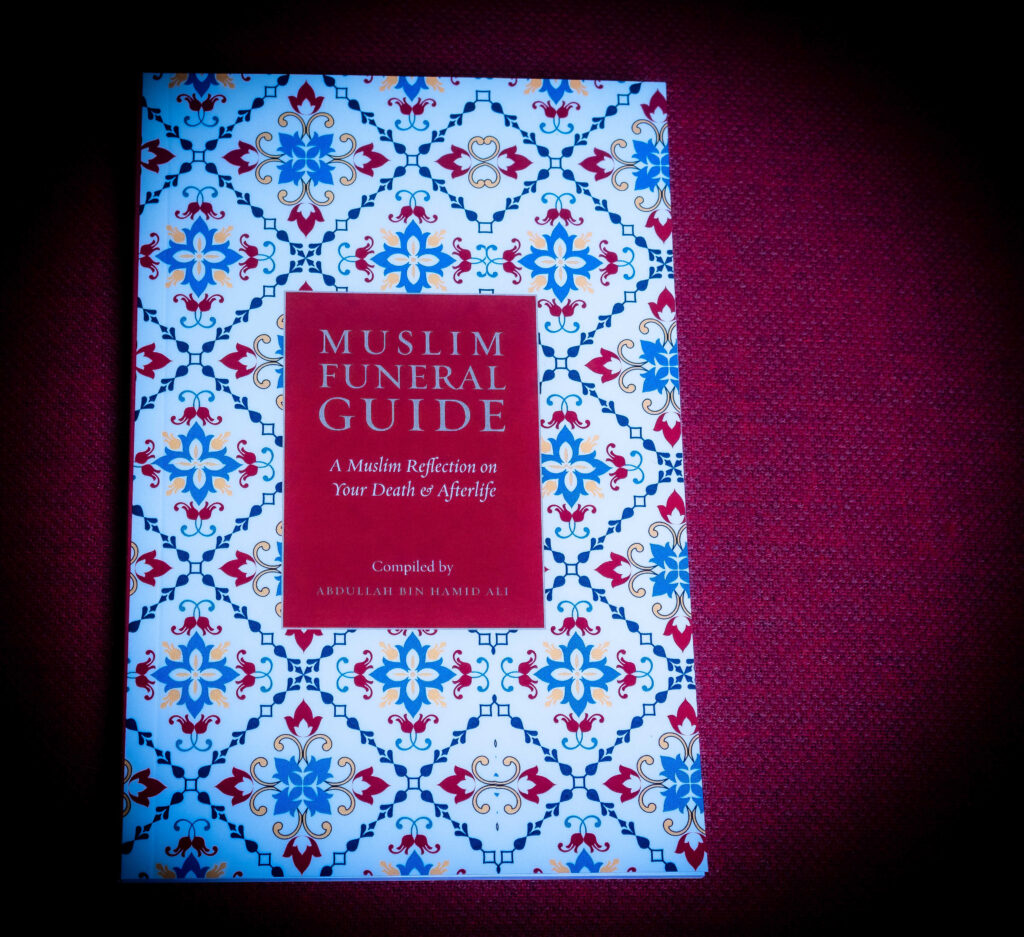
New from Lamppost!
Muslim Funeral Guide
A helpful work for Muslims and your Non-Muslim family and friends.
Find out more about it by clicking the button below
And what is happiness? Adams said, “All sober inquirers after truth, ancient and modern, pagan and Christian, have declared that the happiness of man, as well as his dignity, consists in virtue. Confucius, Zoroaster, Socrates, Mahomet (the Prophet Muhammad) … have agreed in this.” The virtues are those traits which, if we possess them, make us good, such as wisdom, justice, temperance, and courage.
“There is no truth more thoroughly established,” George Washington said, than the “indissoluble union between virtue and happiness.” In the classical thought in which the American founding was steeped, the culmination of all virtues was friendship, as it is only in relationships with others that we practice these virtues.
“Friendship seems to hold cities together,” Aristotle said. Friendship in this, the highest sense, is to share with others a vision of the good and to seek their good for their own sake, not for one’s selfish benefit. Friendship in the political context is when fellow citizens have a broad agreement on what constitutes the human good, and they see themselves as participants in a shared project to reach it. The purpose of government, then, is to recognize and secure this good.
“The aim of every political constitution,” Madison said, is “to obtain for rulers men who possess most wisdom to discern, and most virtue to pursue, the common good of the society.”
Hence, if Islam as Muslims in America understand it harmonizes with these “general principles of Christianity” on which the American constitutional order was founded, they do not need to leave their faith in the mosque — they should bring it with them into the public square as befits an American and a complete human person. Indeed, Hamtramck’s new political leaders — and every American Muslim in political office — should reflect on the aspects of Islamic tradition that are the basis for a consensus on the principles of America’s founding.
On the laws of nature and laws of God,” for example, classical scholars of Islam held that the creator had imprinted on the hearts of human beings a natural disposition to recognize good and evil. Al-Izz ibn Abdussalaam, a seminal 12th century jurist, wrote, “Giving preference to the more excellent and then to the less excellent, and preventing the more harmful and then the less harmful, is a part of people’s natures. This is a mercy for them from the Lord of all lords.”
The Spanish jurist Ibn Rushd, known in Christendom as Averroes for his commentary on Aristotle, described this as “unwritten laws” that “are in the nature of everyone.” The goal of the laws pertaining to conduct, Ibn Rushd explained, is cultivation of “the virtues of the soul.” And from these virtues, said the seminal theologian Abu Hamid al-Ghazali, comes happiness “obtained by purifying the soul and completing it with the attainment of all the virtues.”
Islamic scholars recognized the significance of the virtues to the polity, particularly the virtue of friendship, which Ibn Rushd defined as “seeking good for another man for the sake of that man, not for one’s own sake.” Raghib al-Isfahani, a 12th century scholar, wrote in his treatise on virtue ethics that “one of the means of the ordering of the affairs of people is friendship,” observing that friendship presupposes justice yet obviates the need for it.
The role of government, then, is to safeguard and advance the well-being and happiness of the people. The Prophet Joseph, in the Quranic narrative, says to to the king of Egypt, “Put me in charge of the land’s storehouses: I shall manage them prudently and carefully.” And God advises the Prophet David, “We have given you authority in the land. Judge fairly between people, and do not follow your whims, lest they divert you from God’s path.” The Prophet Muhammad delivered a severe warning to unjust rulers: “No man is appointed over the affairs of a people and does not care for them as he would care for himself and his family, but that God casts him into the fire of Hell.”
These are teachings that the new leadership of Hamtramck would do well to heed — not leave in the mosque — as they have as their aim the pleasure of God as well as the good of the people who entrusted them with leadership. These are teachings consonant with the principles of the American founding and thus strengthen the consensus on those principles to the extent that they are understood and followed by Muslims in public life.
“There is an innumerable multitude of sects in the United States,” Alexis de Tocqueville wrote in 1835. “All differ in the worship that must be given to the Creator, but all agree on the duties of men toward one another.”
Herein lies the secret of American pluralism — pluralism rooted in consensus on transcendent truth rather than the abolition of truth from the public square. By electing observant Muslims to run their city, the voters of Hamtramck offer us hope that our polarization may yet recede and that the principles of the American founding have not been forgotten.
Reprinted from ReligionUnplugged.com
Ismail Royer

Ismail Royer is Research and Program associate at the Religious Freedom Institute (RFI), a non-profit organization based in Washington, DC. He converted to Islam in 1992 and studied political science at American University. He has studied religious sciences with scholars such as Dr. Jaafar Sheikh Idris and Sheikh Muhammad Nur Abdullah,as well as with a student of Sheikh Abdul Qadr al-Arnaout.
From 1993 to 2003, Royer worked in several non-profit Islamic organizations.
In June 2003, Royer was indicted on terrorism-related offenses for assisting the Pakistan-based Lashkar-e-Taiba (LET) and ultimately pleaded guilty to weapons charges related to the violation of United States neutrality laws. Since his release from prison in December 2016, he has worked with nonprofits to promote peace between faiths and undermine religious extremism. His writing has appeared in publications such as the Washington Post, Journal of Religion and Society, Public Discourse, Detroit Free Press, Al Jumuah, and Muslim Matters.


